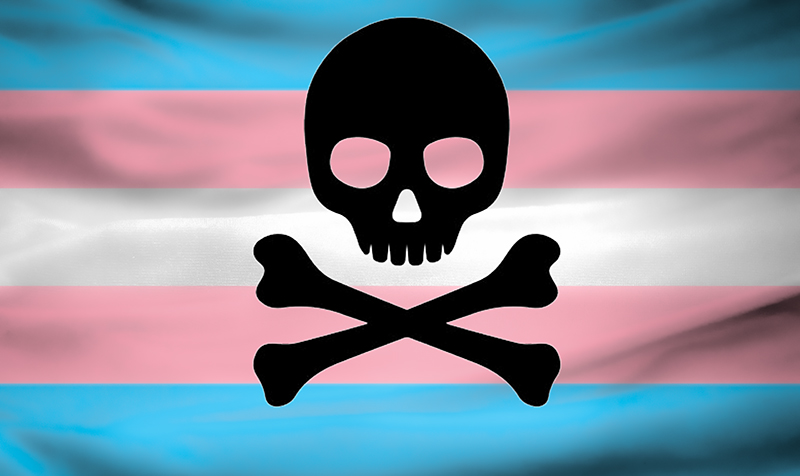Ugandan archbishop acknowledges gays are “human beings”
“People should not take the laws into their hands and harm homosexuals, since they are also human beings though with different sexual feelings.”
 — John Baptist Odama, Archbishop of Gulu, Uganda. According to Uganda’s The Daily Monitor, Odama made the remarks in the wake of the country’s Constitutional Court overturning a controversial anti-gay law deemed invalid due to a technicality.
— John Baptist Odama, Archbishop of Gulu, Uganda. According to Uganda’s The Daily Monitor, Odama made the remarks in the wake of the country’s Constitutional Court overturning a controversial anti-gay law deemed invalid due to a technicality.
Source: The Daily Monitor
Support Metro Weekly’s Journalism
These are challenging times for news organizations. And yet it’s crucial we stay active and provide vital resources and information to both our local readers and the world. So won’t you please take a moment and consider supporting Metro Weekly with a membership? For as little as $5 a month, you can help ensure Metro Weekly magazine and MetroWeekly.com remain free, viable resources as we provide the best, most diverse, culturally-resonant LGBTQ coverage in both the D.C. region and around the world. Memberships come with exclusive perks and discounts, your own personal digital delivery of each week’s magazine (and an archive), access to our Member's Lounge when it launches this fall, and exclusive members-only items like Metro Weekly Membership Mugs and Tote Bags! Check out all our membership levels here and please join us today!



























You must be logged in to post a comment.